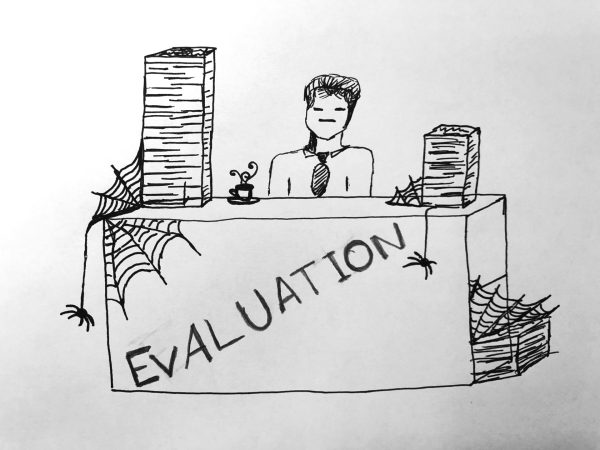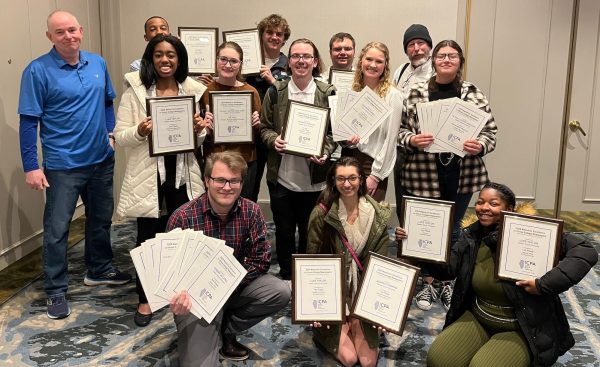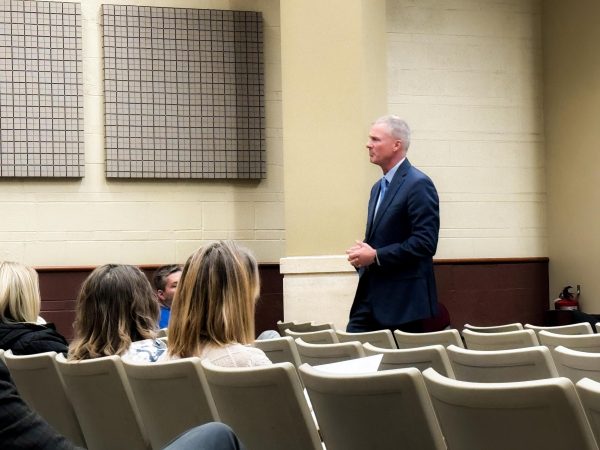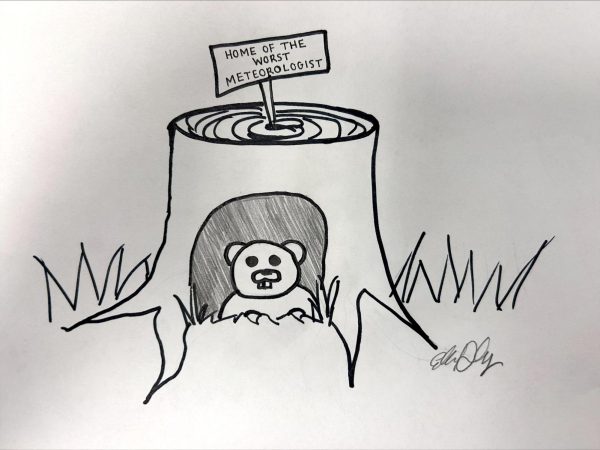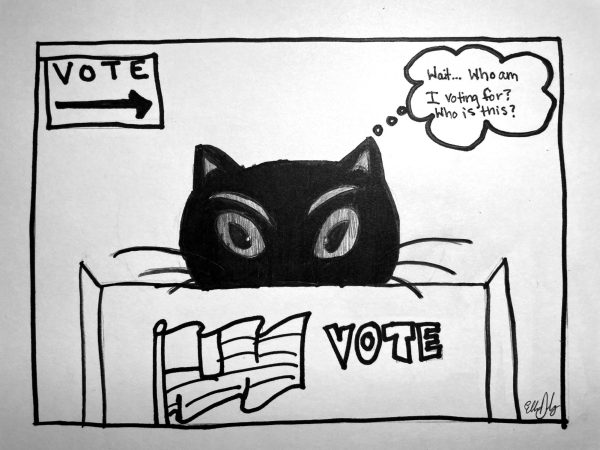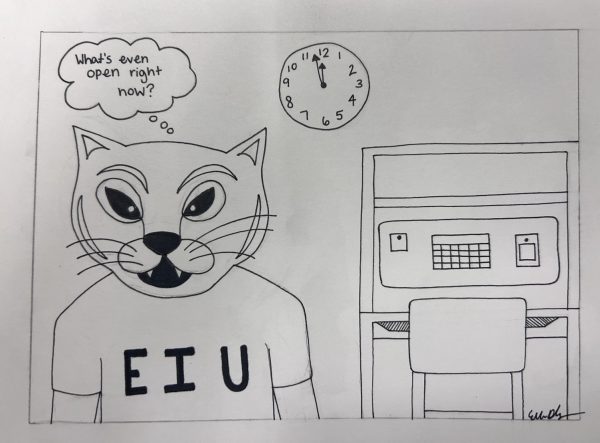Editorial: Faculty Senate should provide context
November 18, 2015
After sending out a referendum for faculty to evaluate the performance of Blair Lord, the vice president for academic affairs, the Faculty Senate put forward two resolutions.
One resolution was to continue discussing the results with President David Glassman and the Board of Trustees, and the other was to urge Glassman to improve the evaluation process of administrators.
The senate members are in a somewhat awkward position — a petition from faculty members prompted them to hold the referendum, and now that the results are in they have to come up with a way to respond.
The results indicated that about 68 percent of the 349 participants did not have confidence in Lord’s performance, while the remaining 32 percent did have confidence and an additional 261 faculty members chose not to vote.
Overall, the Faculty Senate has been holding back in its response.
The senate is only an advisory committee and therefore cannot take any formal action against a vice president other than sending resolutions to the president.
But as the body that is supposed to serve as a voice for faculty, the senate should be more direct in its response.
Tuesday’s resolution to communicate with higher-ups about the vote was unnecessary because it should have been understood that the senate would already be doing that.
Specifically, the resolution states the senate would be “maintaining open communication with (Glassman) about this matter, inviting faculty feedback and responses regarding this matter and representing faculty concerns to the president, Board of Trustees and other entities on campus as the matter is addressed.”
It speaks volumes about the campus’ faith in the Faculty Senate if people thought members would just sit on the results of a referendum with such serious implications.
The senate members could have spent the time they took to debate the details of this resolution discussing whether or not they agree with the vote.
It was wise to not state their opinions before the vote, as that may have swayed the outcome.
However, now that the votes are tallied, the senate has the responsibility not only to share the results but also to offer some perspective with it.
The senate initially planned to go into executive session to discuss the results of the vote, but members kept the meeting open after consulting with the University Counsel.
Because the senate has no formal authority over the fate of Lord’s job, it could not have justified that members were discussing personnel matters under the Illinois Open Meetings Act.
The senate should not have needed to close the meeting because it is a public body put in place to serve the public, and the performance of Eastern’s administrators is of public concern.
The second resolution passed on Tuesday was a step in the right direction.
The resolution advises Glassman to change the current system or find a new system of evaluating administrators that is more transparent, less prone to misuse and includes faculty involvement.
Members cited during Tuesday’s meeting that the current system is flawed because some administrators are not evaluated yearly and the people with the potential to do the most damage are evaluated the least.
In this resolution, the Faculty Senate is identifying something that members believe is not currently working and needs to be fixed for specific reasons.
While the senate only held the vote and did not propose it, members should not hold back from discussing the issue openly, as other faculty could benefit from their insight.
The daily editorial is the majority opinion of the editorial board of The Daily Eastern News.




































